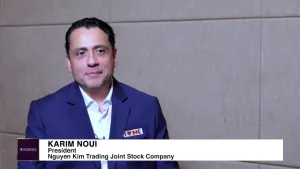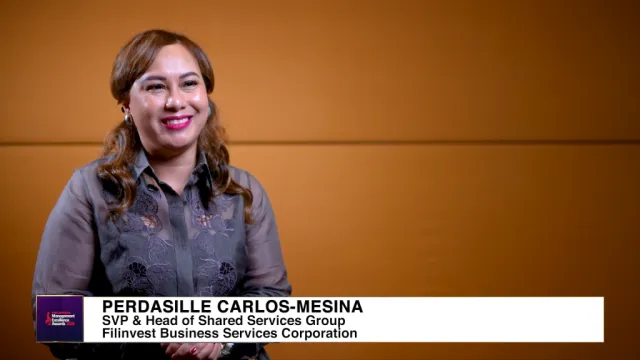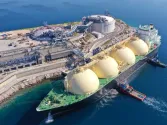Container shipping faces hurdles in decarbonization effort
High costs and regulatory uncertainties challenge the shift to eco-friendly fuels in the maritime industry.
The container shipping industry, vital for global trade, is currently navigating challenges in its quest to reduce carbon emissions due to rising costs and uncertain regulatory support.
Peter Tirschwell, Vice President at the Journal of Commerce at S&P Global Market Intelligence, said that the industry, which has always prioritised cost-efficiency, finds itself at a crossroads where environmental responsibility conflicts with economic priorities.
Despite the push for greener operations, there's a notable reluctance among cargo owners to bear the higher costs associated with shipping in a decarbonized environment.
"The primary challenge in decarbonizing container shipping lies in the cost disparity between low carbon or zero carbon fuels and traditional bunker fuels," Tirschwell explained.
To address these financial challenges, industry leaders are advocating for regulatory changes. "Container lines are increasingly unified in calling on the International Maritime Organization (IMO) to implement a carbon tax," Tirschwell stated.
Progress towards alternative fuels has been gradual. "The sector has made the most headway with liquefied natural gas (LNG), which emits about 25% less carbon compared to conventional bunker fuels," says Tirschwell.
Additionally, there's growing interest in methanol, a hydrogen-based fuel that offers zero carbon emissions. However, the limited availability and high cost of methanol, coupled with a scarcity of refuelling infrastructure, have hindered its widespread adoption.
Looking ahead, the IMO has committed to achieving zero carbon emissions from the maritime industry by around 2050. This goal requires the establishment of stringent regulations, including a carbon tax and a fuel standard mandating the use of zero carbon fuels.
"These regulations will compel ship operators to switch to eco-friendly fuels, although passing these costs onto customers could prove challenging in the competitive market of container shipping," Tirschwell noted.



















 Advertise
Advertise








Commentary
Ingredients take centre stage for Asian consumers across food and beverage purchases